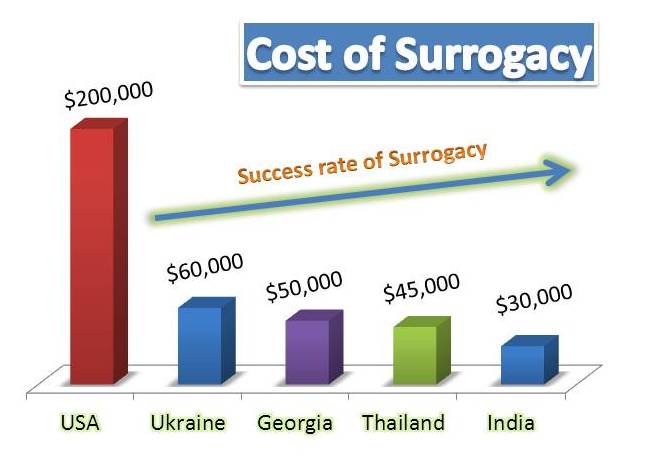IVF FOR SINGLE WOMEN TREATMENT IN INDIA

Record numbers of single women are embarking on motherhood without a lover, fearing they might end up childless if they wait for the “perfect” man.
IVF treatment given to women determined to go it alone has more than doubled in the past five years, according to the Human Fertilisation and Embryology Authority (HFEA).
Fertility is the natural capability of giving life. As a measure, “fertility rate” is the number of children born per couple, person or population. This is different from fecundity, which is defined as the potential for reproduction (influenced by gamete production, fertilisation and carrying a pregnancy to term). Infertility is a deficient fertility.
many clinics would provide IVF for single women or lesbian couples but this was at their discretion and some clinics could turn people away on the basis of the potential child not having a father, because the previous Act which was enacted in 1990 had a clause which stated the ‘need for a father’, and they were following this.
Now such clinics will not be able to turn anyone away on those grounds without the risk of being prosecuted in new anti-discrimination lawsuits.
As well as allowing them access to IVF, in the case of same sex couples and those who have a baby via surrogacy, it will legally recognise them as parents by giving them both parental rights (PR). Previously, a baby born by a surrogate was legally the surrogate’s baby, even if she got pregnant using the infertile woman’s egg and her husband’s sperm. The infertile couple would then have to adopt the baby, despite it being biologically theirs. Some high profile surrogacy cases highlighted flaws in the system, when rarely, a surrogate would refuse to give up her parental rights.
The original indication for IVF was tubal damage, but it is now used for a wide range of disorders such as unexplained infertility, endometriosis, male factor infertility, failure to conceive after 12 cycles of successful ovulation induction, failure to conceive after 6 cycles of intrauterine insemination etc.
IVF cycle consists of several steps over an interval of 4-6 weeks and start when a woman begins taking drugs to stimulate her ovaries to produce eggs, monitoring progress by ultrasound scan and blood tests, collecting eggs, collecting man’s sperm, fertilizing the eggs, transferring the embryo and end by the pregnancy test.
You should remember however that IVF should not be done unless you have tried all the possible ways to conceive. And one should also remember that the time taken to try to conceive should be more than a year. If then after trying all possible methods for a year you are unable to conceive a child naturally then you can opt for IVF. One needs to know a few basic things about IVF, for example the procedure and the possible consequences. Since we all know that IVF is merely the uniting of egg and sperm in vitro (in the lab). Consequently the embryos are transmitted into the uterus through the cervix and pregnancy takes place. There is the possibility of multiple births in an IVF treatment.









